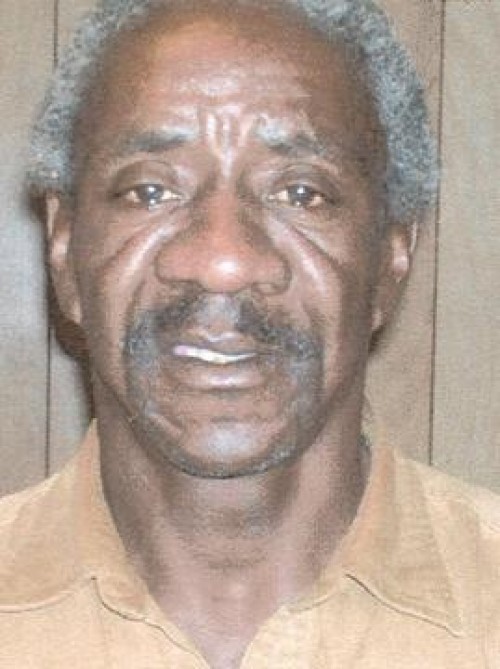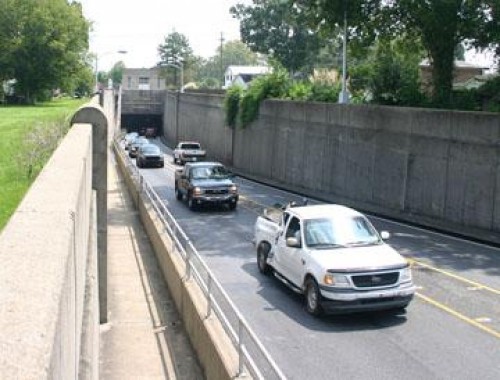
Alfred Stewart
May 25, 2007Yvonne Knudsen- Smith
June 1, 2007Automobile insurance premiums in Louisiana, which accelerated at the third-highest rate in the United States between 2000 and 2004, will only continue to rise if current trends continue, industry observers say.
Average rates went up more than 32 percent between 2000 and 2004 n from $928 to $1,228, according to the National Association of Insurance Commissioners. Those are the most recent years for which the group has released figures.
Only Florida and Michigan exceeded Louisiana, with increases of just over 34 percent.
The national average increase was about 21 percent, or a difference of about $171. The average annual auto insurance premium in 2004 for the U.S. was about $960. North Carolina’s insurance increased only 7 percent over the same time and was more then $200 cheaper in 2004 than Louisiana’s was five years earlier.
If the same trend holds true, by 2008 the average annual insurance premium for Louisiana will be $1,621.
Judy Wright, a spokeswoman for the Louisiana Department of Insurance, said regulators do not expect significant changes.
“Our rates are so high because we have one of the highest crash frequency rates, a very high vehicle crash severity rate, low safety-belt compliance and generally poor road conditions,” Wright said.
Wright said the state already has strong laws dealing with safety belts, drunken driving and speeding.
But James Champagne, executive director of the Louisiana Highway Safety Commission, said more needs to be done.
Champagne is pushing for serious legislative reform that he said will not only have a significant impact on insurance costs, but also trigger a dramatic decrease in crashes.
Alcohol-related crashes accounted for an estimated 18 percent of the state’s auto insurance payments, Champagne said. Reducing the alcohol-related crashes by just 10 percent would save $60 million in claims payments and loss-adjustment expenses, he said.
Some of the reforms Champagne suggests include laws that allow police or driver-licensing authorities to revoke a driver’s license “swiftly and automatically” for refusing or failing a blood-alcohol content test. Similar laws in other states have reduced alcohol-related fatalities by 6.5 percent on average and saved an estimated $50,900 per driver sanctioned, he said.
Champagne also said the state should adopt a three-step license program and a midnight curfew for young drivers.
He said those steps would reduce youth fatalities by at least 5 percent and alcohol-related fatalities by 2 percent n resulting in an estimated savings of $500 per youthful driver in the state.
Champagne also said the state should use undercover officers at bars to enforce a law against serving intoxicated patrons, along with impounding vehicles for convictions for driving while intoxicated and driving with a suspended license.
File photo * Tri-Parish Times * Tri-parish motorists shouldn’t expect a reduction in insurance premiums anytime soon. Louisiana’s rates continue to rank third-highest in United States between 2000 and 2004.









